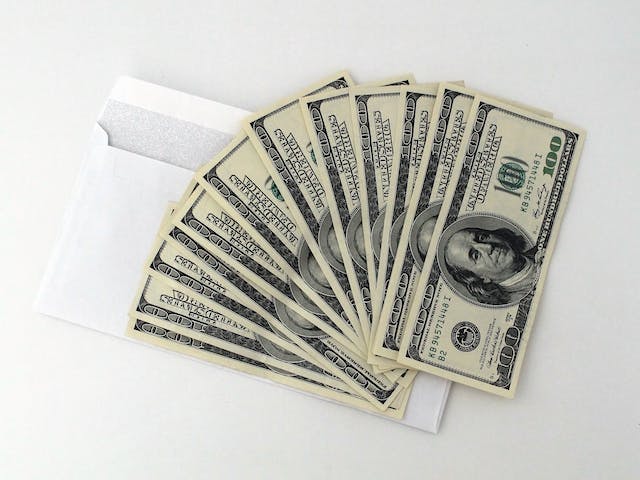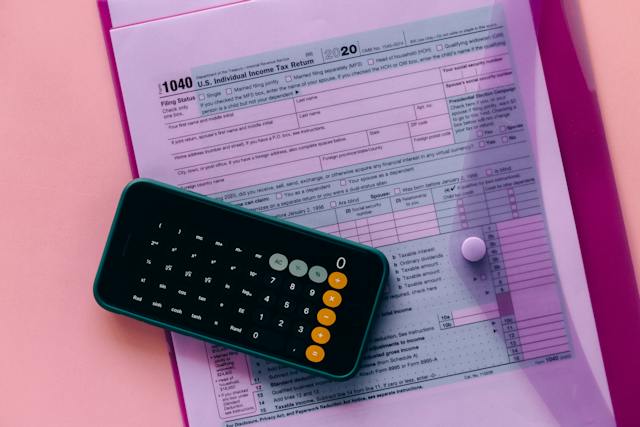In the dynamic realm of real estate, property owners need to navigate a multitude of financial metrics to ensure the prosperity of their investments. One such crucial metric is cash flow, a term that resonates profoundly with Income Realty Corporation (IRC) and investment property owners alike.
In this article, we will delve into the intricacies of cash flow, why it is indispensable to your investment, how to calculate it, and strategies to enhance it, all with a focus on the real estate expertise provided by IRC.
What Does Cash Flow Mean?
In simpler terms, it's the money generated and spent in the process of owning and managing an investment property. Cash flow is categorized into two main types: positive and negative. Positive cash flow occurs when the net operating income generated from a property exceeds the total expenses associated with it.
On the flip side, negative cash flow arises when expenses surpass the generated net operating income, potentially leading to financial strain and the need for additional funding.
Why Is It Important to Maintain a Positive Cash Flow?
- Financial Stability: Positive cash flow provides a financial cushion, ensuring property owners can cover expenses, debt obligations, and unexpected costs without relying on external funding to finance your rental property.
- Growth Opportunities: Surplus cash allows property owners to reinvest in existing properties, acquire new ones, or explore other investment opportunities, fostering portfolio growth.
- Debt Servicing: A positive cash flow facilitates the timely repayment of mortgages and other debts associated with the property, contributing to a healthy credit profile.
- Emergency Fund: Unforeseen circumstances, such as sudden repairs or market fluctuations, can be handled seamlessly with a positive cash flow, acting as a protective buffer.
How Is Cash Flow Calculated?
Calculating cash flow involves a straightforward formula that deducts total expenses from total income over a specified period. The formula for cash flow is as follows:

Cash Flow = Total Income − Total Expenses
Total income encompasses rental income, fees, and any other revenue generated by the property. On the other hand, total expenses include mortgage payments, property management fees, maintenance costs, property taxes, insurance payments, and other relevant outflows of money. Calculate to make sure your rental is profitable.
Things That Can Hurt Your Cash Flow
High Tenant Turnover
High tenant turnover can be a significant detriment to cash flow for investment property owners. When tenants frequently change, it leads to extended periods of vacancy between leases, resulting in a loss of potential rental income.
Moreover, the constant turnover incurs additional expenses related to advertising the investment property, screening new tenants, and preparing the space for occupancy. These expenses, combined with the loss of rental income, create a double impact on cash flow.
Missed Rent Payments
Late rent money or missed monthly rent payments represent a direct threat to cash flow. This disruption in the cash flow cycle can lead to financial strain and hinder the property owner's ability to meet other financial obligations.
Implementing clear lease agreements, and timely communication regarding payment expectations, is crucial to minimizing the risk of missed monthly rent payments and maintaining a consistent positive cash flow.
Property Tax and Insurance Payments
Property taxes and insurance payments are necessary expenses that can significantly impact cash flow. Staying informed about local tax regulations and exploring potential deductions or exemptions can help property owners optimize their financial position.

Seeking professional advice can assist property owners in navigating the complex landscape of property tax and insurance management to ensure a more predictable and sustainable cash flow.
Rental Property Vacancies
Extended periods of rental property vacancies pose a dual threat to cash flow. Not only does the property owner miss out on rental income during these gaps, but the vacant property may also be susceptible to deterioration, leading to additional costs when preparing it for new tenants.
Property owners must stay attuned to market trends, adjust rental rates accordingly, and continuously enhance the property's appeal to reduce the likelihood of vacancies, thereby preserving a steady and reliable cash flow.
Maintenance and Repairs
Unexpected maintenance and repair issues can have a substantial impact on cash flow if not managed proactively. Regular maintenance is not only essential for preserving the property's value but also for preventing costly repairs in the long run. Property owners should establish a comprehensive preventative maintenance schedule, addressing issues before they escalate into more expenses.
Cash Flow Management: How to Increase Your Cash Flow
Appeal Your Property Taxes
Challenging and appealing property tax assessments can be a strategic move to boost cash flow. Often, property tax valuations may not accurately reflect the current market value of a property, leading to potentially higher tax burdens and expenses for property owners.

Tax reduction directly contributes to increased cash flow, allowing property owners to allocate more resources and money to other critical aspects of their real estate investment.
Maintaining Long-Term Tenants
Fostering long-term tenant relationships is a fundamental strategy for enhancing cash flow stability. Property owners should adopt strategies that encourage tenants to stay for extended periods.
This stability not only reduces turnover-related costs but also ensures a consistent and predictable rental money stream.
Refinancing Your Property
Periodically reassessing mortgage rates and exploring refinancing options can be a powerful tool for increasing cash flow. Lowering the interest rate on a mortgage can result in reduced monthly payments, freeing up additional funds for property owners.
This increased cash flow can then be reinvested into the property, used to cover expenses or contribute to savings.
Increasing the Cost of Rent
Adjusting rent rates in line with market trends and the property's value is a strategic approach to boost cash flow.
Property owners should stay informed about the local rental market, assessing comparable properties and considering any improvements or added amenities that justify a rent increase.

Incremental adjustments to rent rates, within the bounds of market demand, can significantly impact overall cash flow.
Regular Preventative Maintenance
Proactive and regular maintenance is a cornerstone of effective cash flow management. Establishing a preventative maintenance schedule helps property owners identify and address issues before they escalate into costly repairs.
Regular inspections, servicing of equipment, and addressing wear and tear promptly not only extend the lifespan of property components but also prevent unexpected financial burdens.
Bottom Line
Cash flow is a key component in real estate finance that keeps property owners afloat in both calm and stormy times. A positive cash flow is not just a financial metric; it's a strategic imperative for long-term success for your real estate investments.
Income Realty Corporation is here to help. IRC equips property owners with the knowledge to help them succeed in the dynamic world of real estate investment with a dedication to financial literacy and a sharp awareness of the real estate market.





.jpg)
